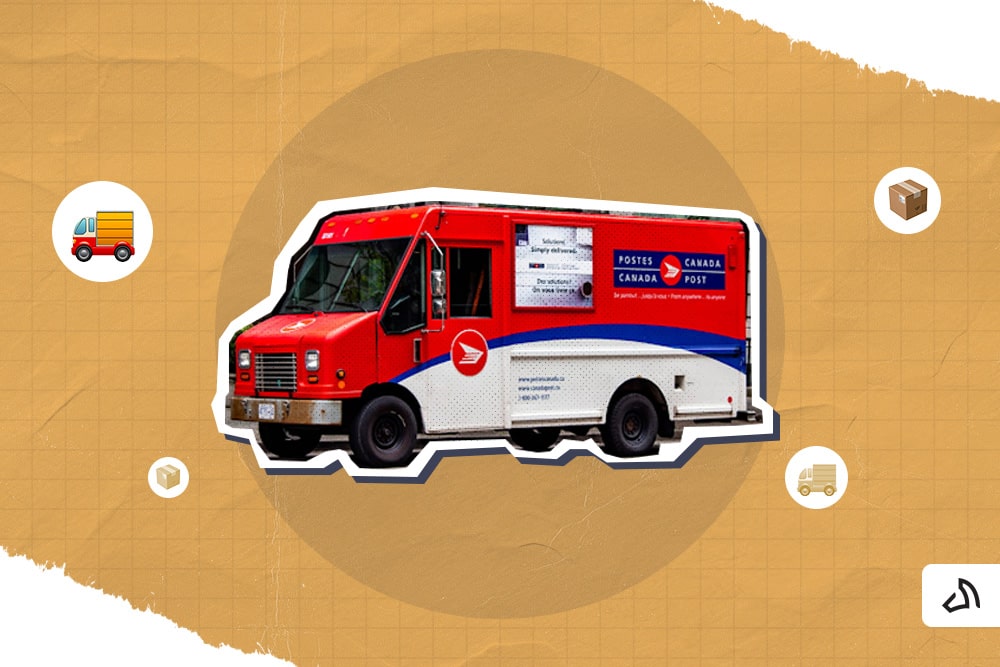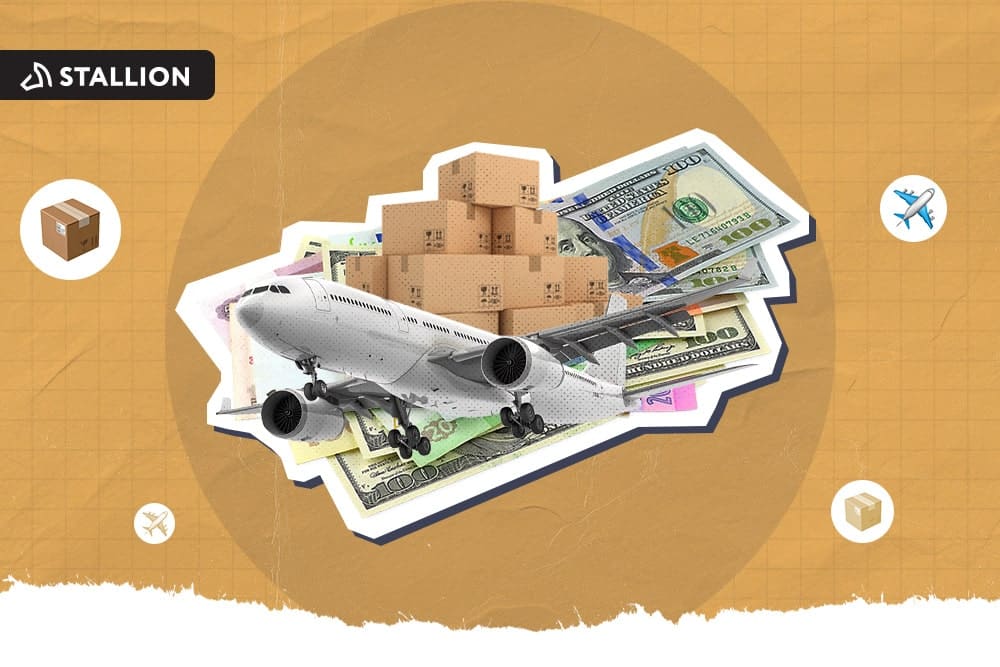
Heads up, Stallion Express users! As declared by the European Union (EU), all selling products shipped to European countries will now be subject to Value Added Tax (VAT) effective July 1, 2021 (Thursday).
Know more about this significant transition by reading this article.
Starting July 1, 2021, VAT and formal customs clearance will be implemented for all commercial goods of up to €150.
Both e-commerce owners and online marketplaces alike can now opt to collect VAT imposed on commercial goods with the soon-to-be-implemented EU VAT Policy. Hence, the dated VAT exemption for items less than €22 (~C$32) will be nullified once the aforementioned date has begun.
No changes will be made for e-commerce items costing more than €150 in terms of VAT and duties. But unlike the previous ruling, import VAT was settled during the clearing period.
Meanwhile, the launching of the Import One-Stop Shop (IOSS), an EU-initiated system is meant to assist merchants during their transition to the new policy.
The Import One-Stop Shop (IOSS) is an electronic portal used to collect VAT on low-cost items during the purchasing period. It lets online sellers remit the payment to the affiliated EU member country in a monthly VAT return.
The IOSS limits the possible shipment interruptions and/or extra VAT charges during inspections at the border. This may give way to more savings and customs’ quicker processing of the commercial products.
The IOSS system covers shipments that are imported from non-EU countries during the time of purchase, are not subject to other duties, and are under €150 (Note: this also applies to multiple goods).
Merchants who choose to collect VAT on goods are obliged to use this centralized portal to file taxes on orders less than €150. Complying with this new implementation will result in simplification of the tax and buyer’s transaction journey.
Generally, non-EU online sellers should register in the country where the transit begins. However, if the e-commerce products are delivered to more than one EU country, the seller can have the freedom to select which country they want to register.
If the seller prefers not to collect VAT on commercial products amounting to €150 and below, buyers will rather be credited by the carrier upon delivery period.
Online Marketplaces
Amazon
Amazon is among the online marketplaces that comply with the EU VAT changes.
VAT filing is likely to be mandatory for at least one EU country when you sell your e-commerce goods on Amazon marketplaces in the EU. If you’re an e-commerce seller who is affected by the approaching tax shift, here are the three factors that you should take note of whether you have to register for VAT:
The European Union has partnered with KPMG to create a VAT registration litmus test to find out whether VAT filing is asked for.
To know more about the Amazon EU VAT registration, click here for more information.
eBay
eBay happens to be included in the list of platforms that holds strict compliance with the VAT obligation.
As an eBay retailer, you are expected to abide by the VAT policy. Otherwise, your account may be restricted as your active listings will be removed which will negatively impact your sales.
There are two ways to register for VAT – first is by using the IOSS while the other option is to file in each of the EU countries where the seller generates income.
Learn more by visiting eBay’s page on the EU & UK VAT obligations.
Etsy
If you are a creative entrepreneur selling items to EU customers, Etsy will be the one to collect and deduct the VAT from sellers for every physical item sold that costs €150 and below.
The online platform will automatically add the final calculated VAT to the buyer’s total checkout. This means that they will have to settle the tax during the payment period. No necessary action is required from the seller as Etsy will be responsible for remitting the contribution to the tax authorities.
On the other hand, the marketplace will not collect EU VAT if the shipment costs more than the €150 threshold. Online retailers may have to include additional information when filling out the customs forms for these packages.
Find out more by visiting Etsy’s article on the VAT collection.
Shopify
Shopify will update their tax settings to collect VAT which amount depends on which EU country the buyer resides in. This will give you the choice to pick which option suits your e-commerce business the most.
Sellers can either present a single VAT return for the IOSS filing or opt to remit a separate VAT return, known as country specific filing for every EU country they send shipments to.
If you’re a Shopify seller, check out their EU VAT post to get more detailed insight about the forthcoming tax implementation in EU member countries.
Independent Sellers
Aside from Shopify, private shopping platforms such as Depop and the likes may also be affected by the new EU taxation system. If you’re among the online retailers selling commercial products to EU member countries, you should take note that when signing up for IOSS, you will usually need to appoint an EU-established intermediary to fulfill the EU VAT obligations under the new implementation.
Necessary information supporting the above-mentioned information can be found at European Union’s IOSS page and Explanatory Notes on VAT e-commerce rules.
From APC Postal Logistics:
From PostNL:
More Support for EU VAT changes: Stallion Express does not provide tax and/or legal advice by any means as we publish this information. We highly advise you to contact your trusted tax advisor as we provide you some helpful resources. This article will be updated as more information is being received.
EU Country Specific Information on VAT
Aman looks after the content marketing department at Stallion Express. He is passionate about helping businesses grow by providing informative and up-to-date trends in the eCommerce industry. Outside the office, you can find him on the soccer field cheering on Real Madrid.



Can our fellow Torontonians relate?
-
#smallbusiness #business #entrepreneur #socialmedia #shipping #ecommerce #canadianecommerce #shopify #poshmark #b2b #saas #etsy #ebay #canada #canadiansmallbusiness #shoplocalcanada #entrepreneur
#toronto

Here’s your quick hassle free shipping from 🇨🇦 to 🇺🇸 as a business owner!
-
Any questions?! Leave them 👇🏻 and save this video so you don’t forget!
-
#smallbusiness #business #entrepreneur #socialmedia #shipping #ecommerce #canadianecommerce #shopify #poshmark #b2b #saas #etsy #ebay #canada #canadiansmallbusiness #shoplocalcanada #entrepreneur

Meet @drinkbenny a 🇨🇦 female founded energy drink brand! Instead of focusing on their products, they’re taking a unique approach by hosting in person events in different Canadian cities to offer an experience for their community 🧡
-
What are your thoughts on in person events? 💭
-
#smallbusiness #business #entrepreneur #socialmedia #shipping #ecommerce #canadianecommerce #shopify #poshmark #b2b #saas #etsy #ebay #canada #canadiansmallbusiness #shoplocalcanada #entrepreneur

Do you know the difference between DDU and DDP when shipping internationally 🌏 ?
-
Questions? Leave them below! 👇🏻
-
#smallbusiness #business #entrepreneur #socialmedia #shipping #ecommerce #canadianecommerce #shopify #poshmark #b2b #saas #etsy #ebay #canada #canadiansmallbusiness #shoplocalcanada #entrepreneur

Here’s a quick hack to save time from choosing multiple postage options
↪️ Turn on the lowest postage rate automation to save you time!
-
Questions? Leave them below! 👇🏻
-
#smallbusiness #business #entrepreneur #socialmedia #shipping #ecommerce #canadianecommerce #shopify #poshmark #b2b #saas #etsy #ebay #canada #canadiansmallbusiness #shoplocalcanada #entrepreneur
